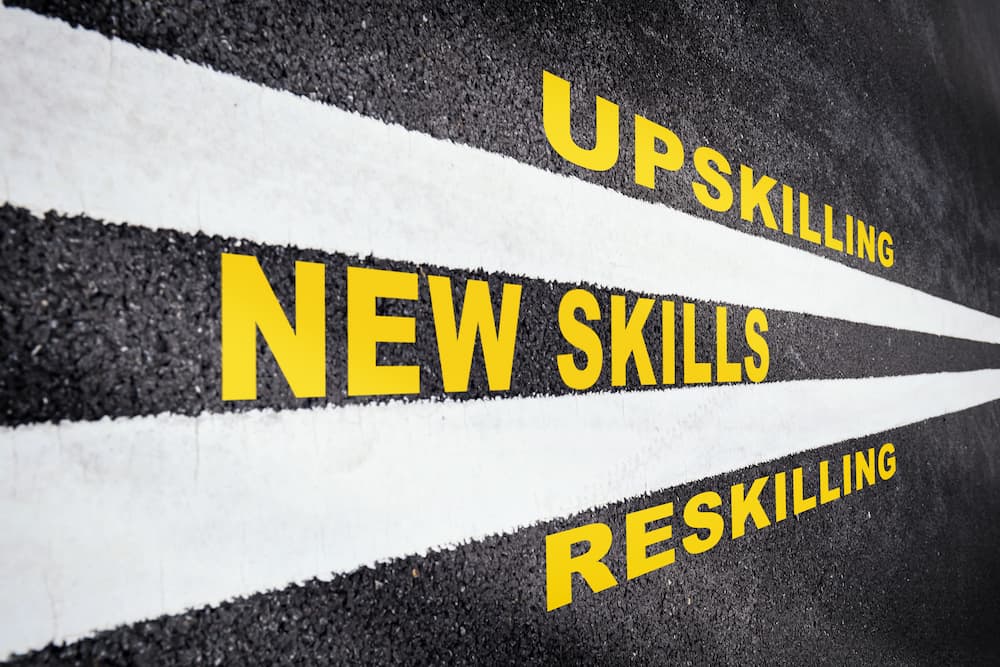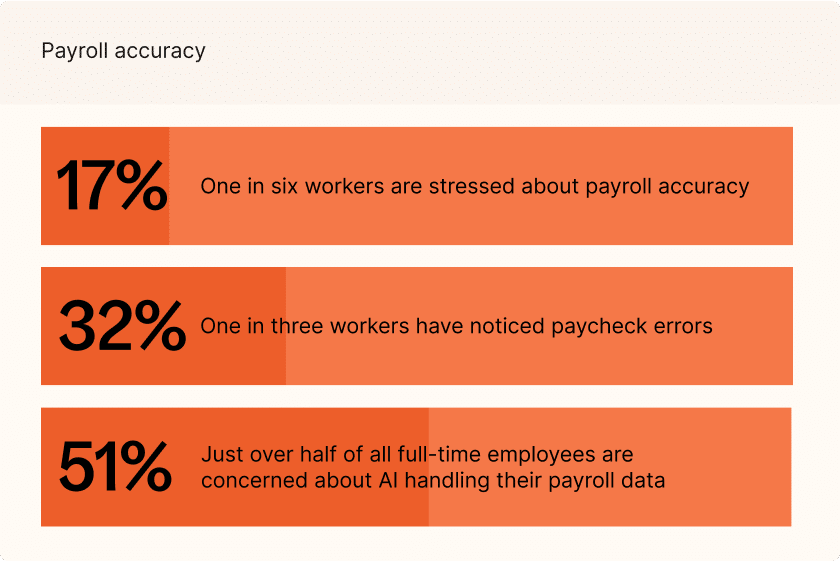When it comes to the U.S. economy, employers seem to think that things are looking up. The results of a recent survey by PwC, for instance, found that only 17% of business leaders “strongly agree” there will be a recession within the next six months—down nearly 20 points from last year.
That optimism means that many execs are eyeing transformation—and now, more than ever, upskilling will play a “critical” role in making transformation happen, says Wes Bricker, vice chair and US Trust Solutions Co-Leader, PwC U.S.
Here’s why: Even if economic uncertainty eases, employers still face significant transformation obstacles, according to the PwC Pulse survey of more than 600 U.S. executives. In the next three to five years, business leaders’ top challenges to transformation largely center around tech, including achieving measurable value from new tech (88%), the cost of adoption (85%) and training talent (84%).
“Emerging technologies—especially AI and generative AI—are catalyzing a transformative influence, reshaping customer experiences, enhancing productivity and deepening risk-sensing activities,” says Wes Bricker, vice chair and US Trust Solutions Co-Leader, PwC U.S. “Their immense value, when harnessed responsibly, is undeniable.”
However, transformation will not just be about the technology itself, but also “the synergy between people and AI platforms, which requires new skills and ways of working,” Bricker adds. And that heightens the value of upskilling for the “seamless integration of new technologies to create sustainable value.”
A growing focus on upskilling
Upskilling emerged as a top priority for those surveyed by PwC.
When asked about a range of HR focuses, training employees on new technology tied with expanding mental health benefits was the most common answer—with 64% of respondents saying they have implemented this work or have a plan in place.
This emphasis on upskilling is creating new expectations for HR’s role.
“HR is a conduit for not only employee upskilling but for communicating initiatives to employees,” says Anthony Abbatiello, PwC U.S. Workforce Practice Leader. “This means that HR employees need to be savvy, trained and informed so that they are as equipped as possible to implement transformation.”
With that, Abbatiello notes that employees know they need specialized training, according to PwC’s Hopes & Fears Survey, of more than 54,000 workers around the globe. The survey reports that those who are not receiving specialized training in their current roles are actively seeking opportunities to develop new skills.
In particular, workers whose jobs will be touched by AI crave support. More than half of those polled in the employee survey said that AI “will help increase productivity/efficiency at work, create opportunities to learn new skills and create new job opportunities,” Abbatiell says.
“Workers are ready and willing to embrace AI,” he adds, “and companies need to nurture that interest and focus on training their employees so that can most effectively utilize generative AI.”
As employers move toward retaining and retraining talent—rather than cycles of hiring and firing—employers are seeing the return on upskilled talent is higher than the investment that high turnover demands, Abbatiello explains.
“What’s more, by training talent that is already in-house, businesses promote a greater sense of community, raise morale and engender more loyalty in their workforce,” he says.
Credit: Source link











